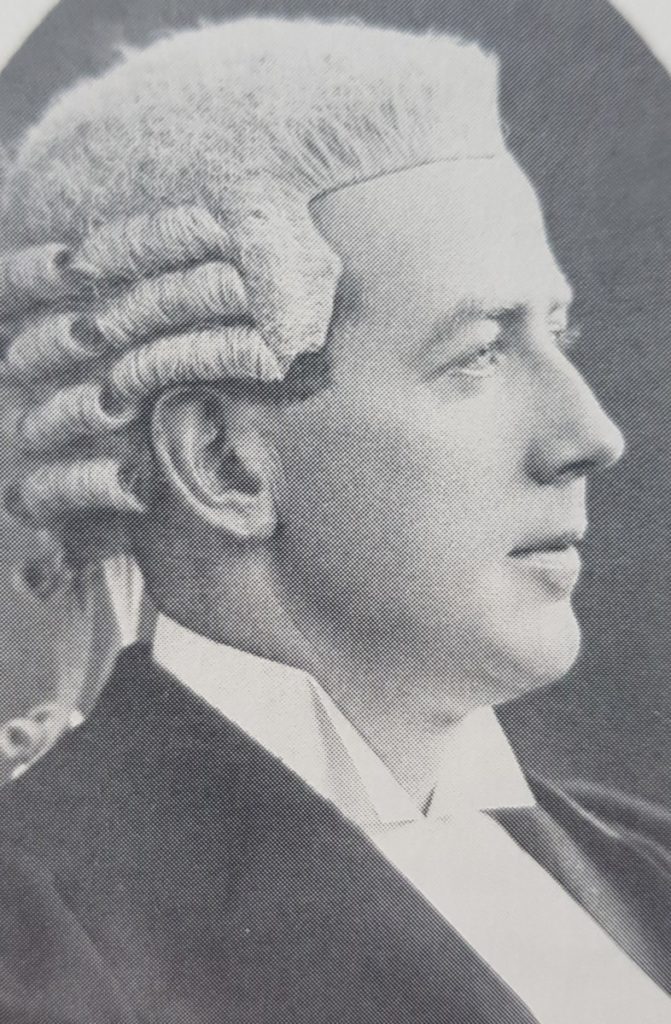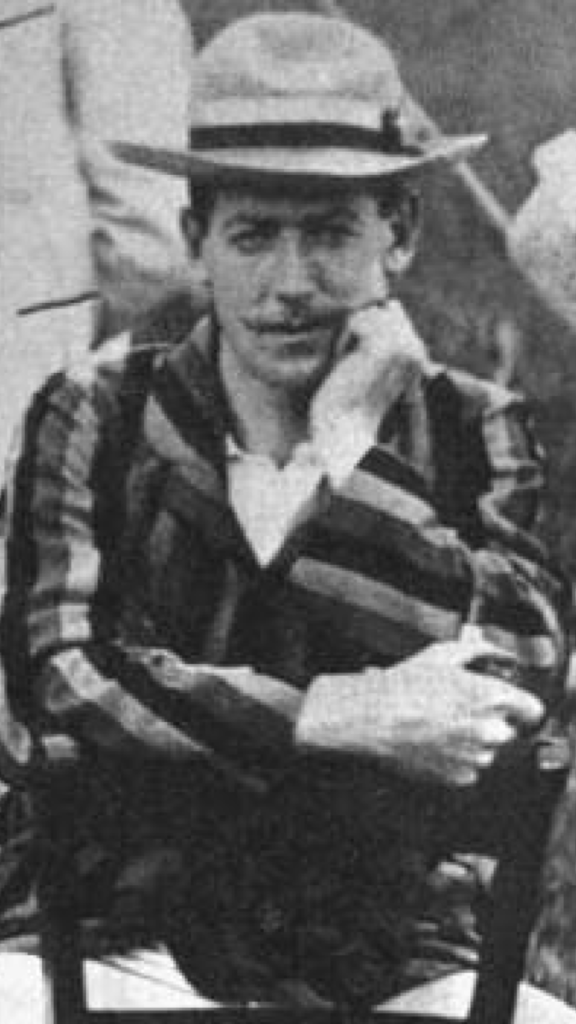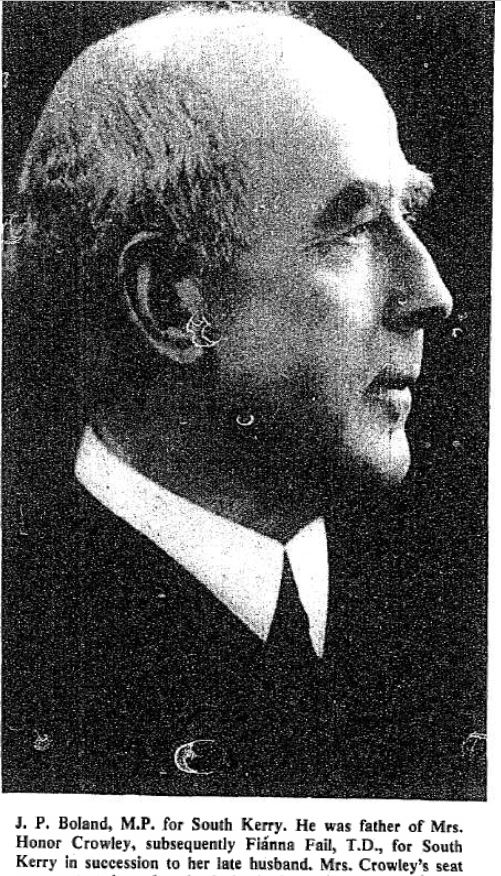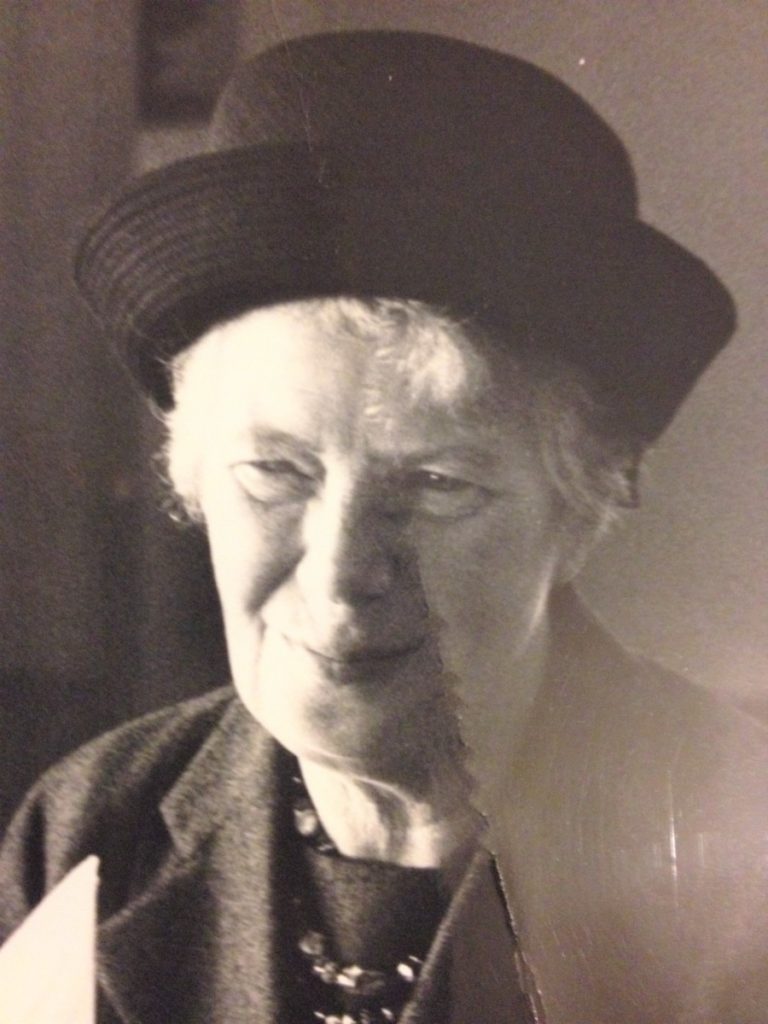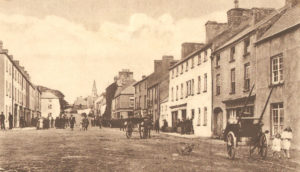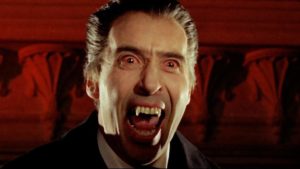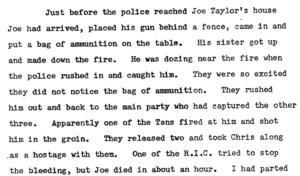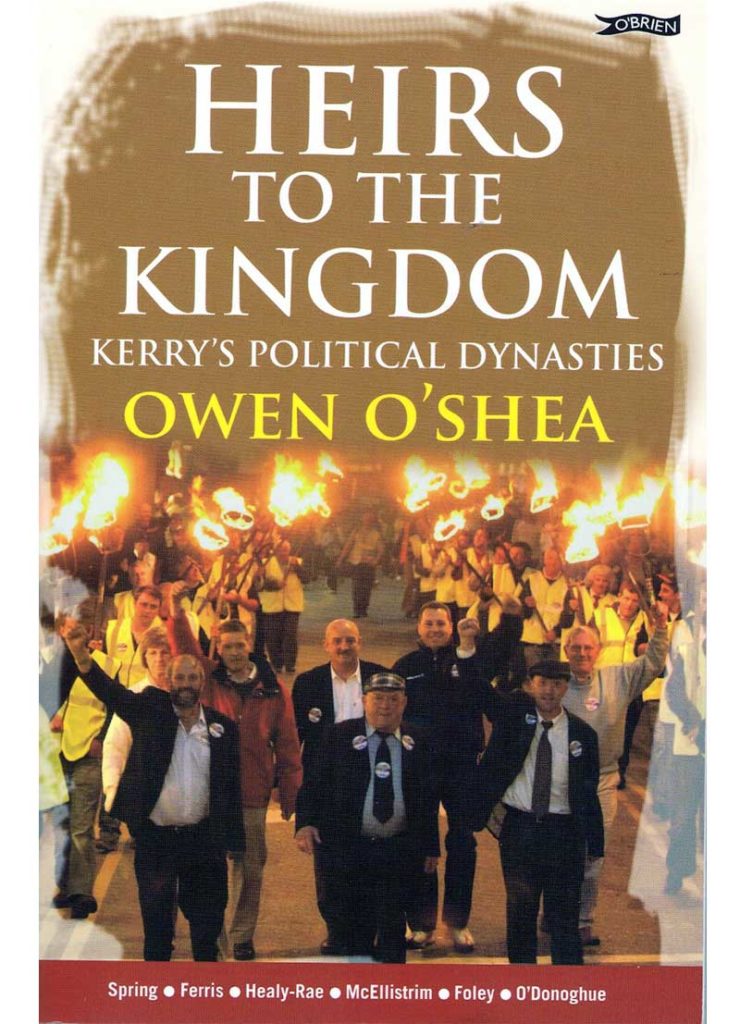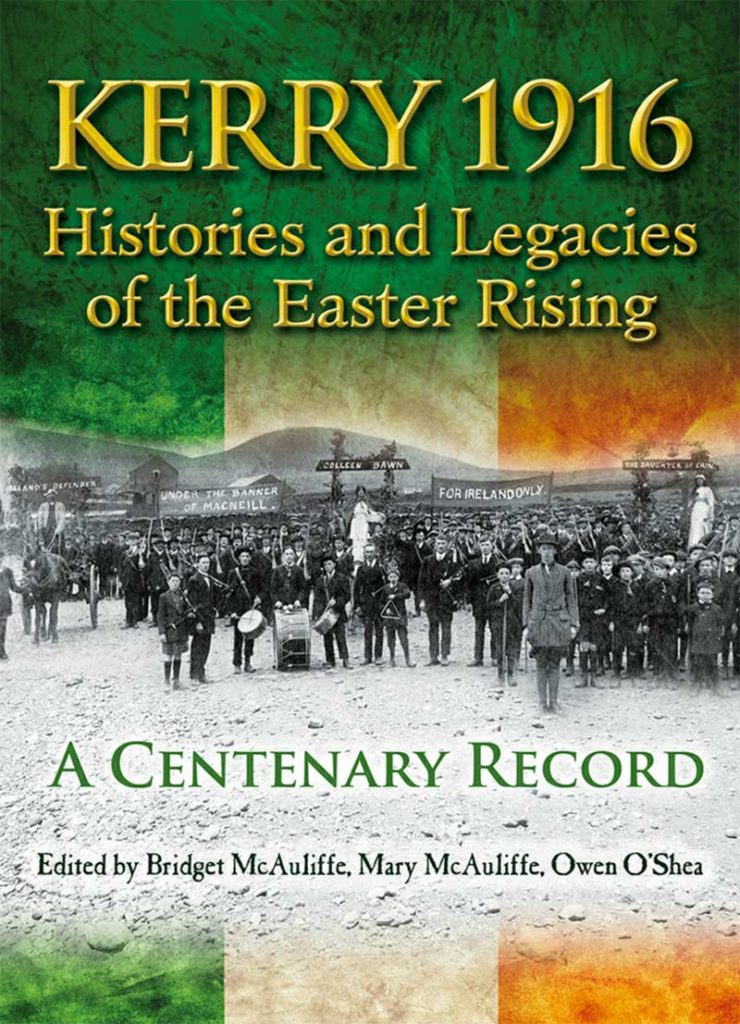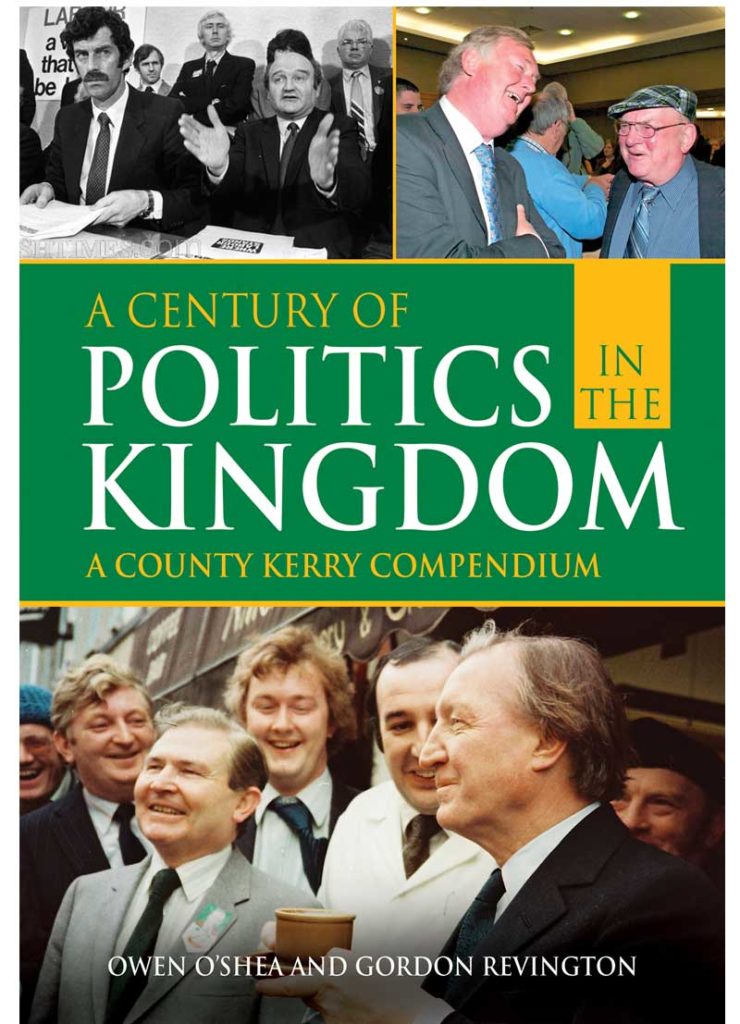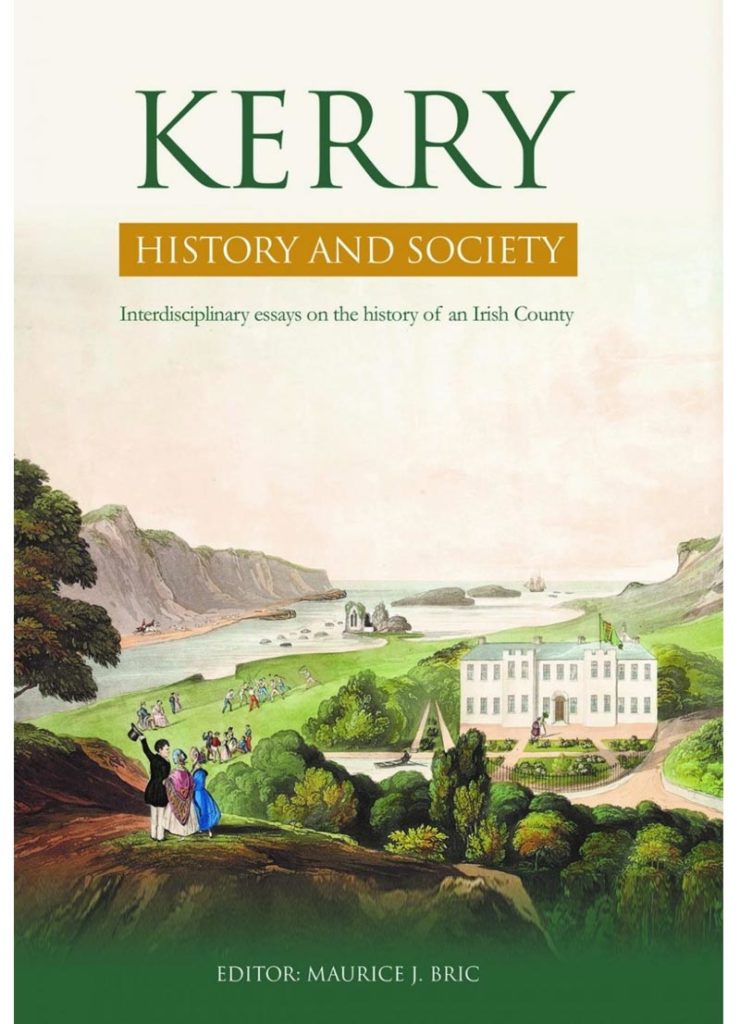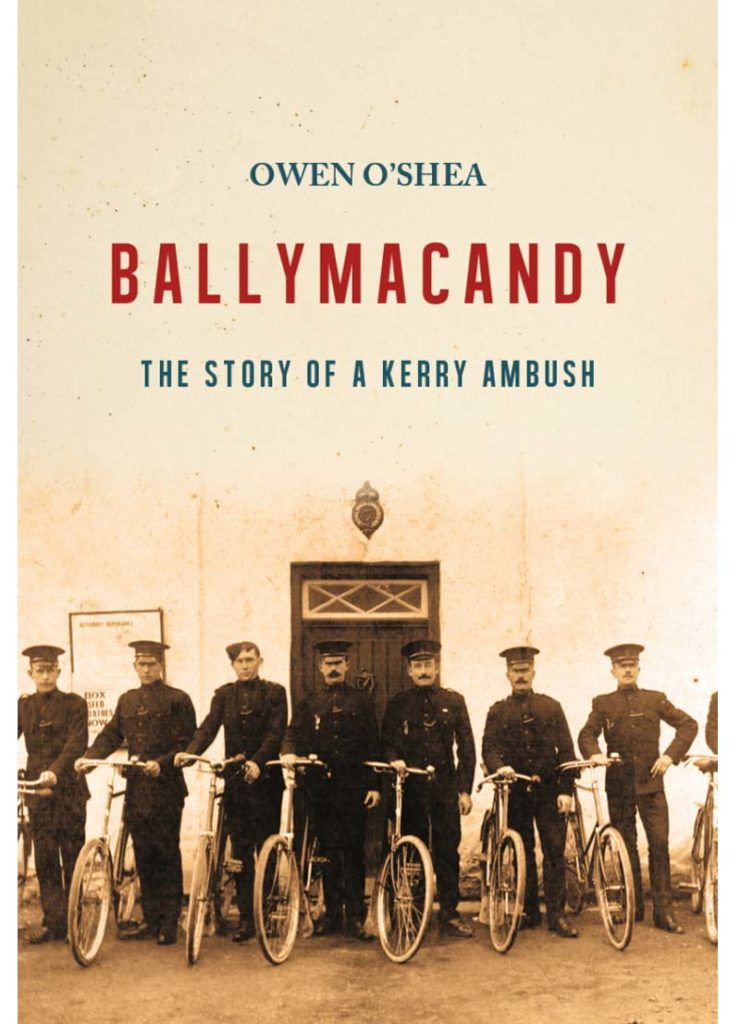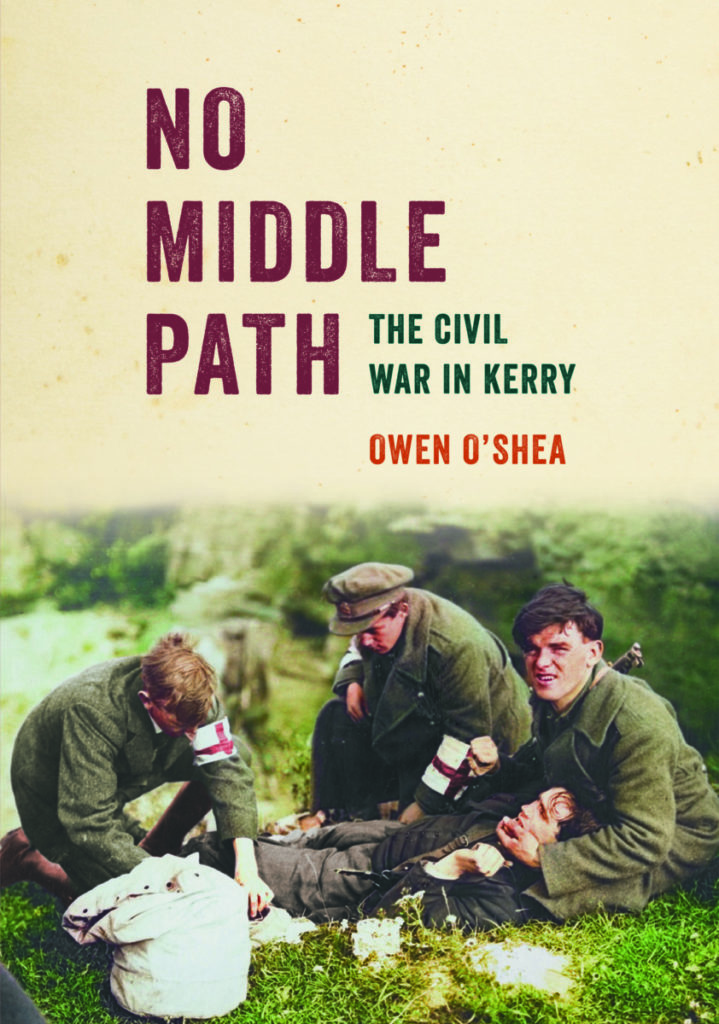As the Paris Olympics get underway, it is worth remembering that Ireland’s first Olympic winner had a close Kerry connection. John Pius Mary Boland was the Member of Parliament for South Kerry between 1900 and 1918 but he is best remembered as the winner of the singles and doubles tennis competitions at the very first Olympics held in Athens in 1896.
John Pius Boland was a member of the famous baking and flour-milling family which owned Boland’s Mills in Dublin, the largest bakery in Ireland, which was one of the buildings occupied by rebels during the 1916 Rising. Boland was born at Capel Street in Dublin on 16 September 1870 and both his parents died when he was a child.
He was raised, along with six siblings, by his mother’s half-brother, the auxiliary bishop of Dublin, Dr Nicholas Donnelly. With his siblings, he often holidayed as a child on Rossdohan Island near Sneem, where he is said to have first developed his love of Kerry. He was educated in Dublin, Birmingham and Bonn before graduating with a BA at London University in 1892 and a MA at Oxford. He was also a keen sportsman who played rugby and tennis at college. He was called to the bar in 1897.
Boland visited his friend Thrasyvoulos Manos in Athens during the 1896 Olympics, and Manos, a member of the organising committee, entered Boland in the tennis tournament. Boland won the singles tournament, defeating Friedrich Traun of Germany in the first round, Evangelos Rallis of Greece in the second, Konstantinos Paspatis of Greece in the semifinals, and Dionysios Kasdaglis of Greece in the final.
Boland then entered the doubles event with Traun, the German runner whom he had defeated in the first round of the singles and they won the doubles event. They defeated Aristidis and Konstantinos Akratopoulos of Greece in the first round, had a bye in the semifinals, and defeated Demetrios Petrokokkinos of Greece and D. Kasdaglis in the final.
Ireland was, of course, part of Britain at the time, but when the Union Jack Flag and the German flag were run up the flagpole to honour Boland and Traun’s victory, Boland pointed out to the man hoisting the flags that he was Irish, adding ‘It [the Irish flag]’s a gold harp on a green ground, we hope.’ The officials agreed to have an Irish flag prepared. The presentations were of silver rather than gold: silver and bronze were the ‘medals’ of this time.
Boland went on to become a successful politician. During holidays in the southwest of Ireland as he grew older, Boland was moved by the high levels of illiteracy and poverty in the area and he also developed a love for the Irish language. Though he had been called to the Bar, instead of a legal career, he chose politics. His daughter, Bridget Boland (an acclaimed author and playwright), later explained part of his motivation:
My father discovered to his horror that practically no-one [in the southwest of Ireland] could read and write. In such schools as there were, only English was allowed to be taught, and, particularly in mountain country where they might be six or eight miles from a school and with no transport of course, if the children attended at all the lessons were in a language they didn’t speak, and the teachers were even forbidden to answer questions in Irish. So, largely from a desire to secure better education, particularly in the South and West, my father became actively nationalist.
Aged just thirty, Boland was elected the Irish Parliamentary MP for South Kerry in 1900 – he was the only candidate – and became party whip in at Westminster in 1906. In parliament, he championed issues like trade, education, and the Irish language and was instrumental in the patenting of the Irish Trade Mark and the setting up of the National University of Ireland.
Among Boland’s constituency initiatives were the development of a carpet factory in Glenbeigh as well as an Irish summer school in the area and the introduction of New Zealand flax growing in south Kerry.
In 1918, Boland became acting Chief Whip of the IPP at Westminster but stood down at the December 1918 general election in which Sinn Féin’s Fionán Lynch won the South Kerry seat as that party surged to win seats across the country. So embittered was he at the loss of his seat and the rise of a party which he abhorred that Boland did not return to Kerry for over thirty years – and only then to visit his daughter, Honor, who resided in Killarney.
Boland later published a memoir, Irishman’s Day: A Day in the Life of an Irish MP, (1944) which drew on his experiences of parliamentary life and describes his constituency. He received an honorary doctorate in law from the National University and he died in London on St Patrick’s Day, 1958.
In a remarkable coincidence, Boland’s daughter, Honor, later represented the same constituency as her father, but this time in an independent Irish parliament. Honor Mary Boland, a social worker, who spent most of her early life in London, married Frederick Hugh Crowley, a volunteer with the IRA during the War of Independence, who was elected Fianna Fáil TD for Kerry in September 1927. On his death in 1945, Honor Mary contested the by-election which followed and won the Dáil seat which she held until her death in 1966.
For more see: A Century of Politics in the Kingdom: A County Kerry Compendium – Irish Academic Press

